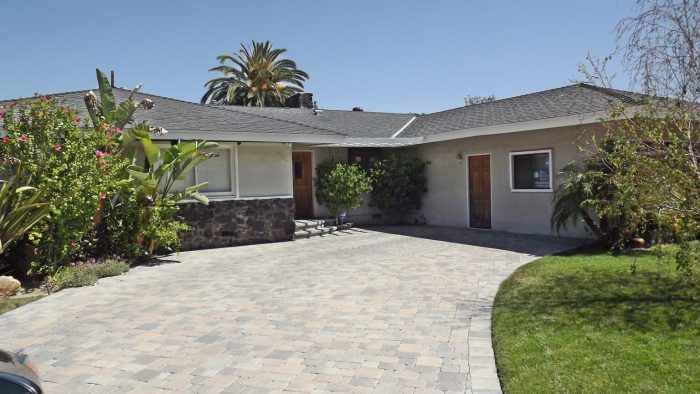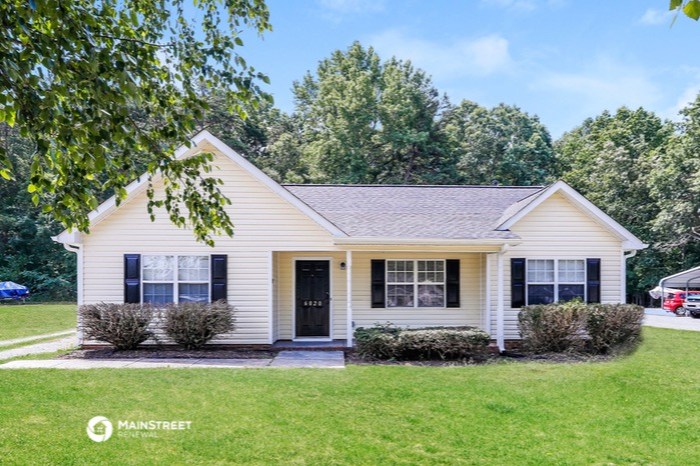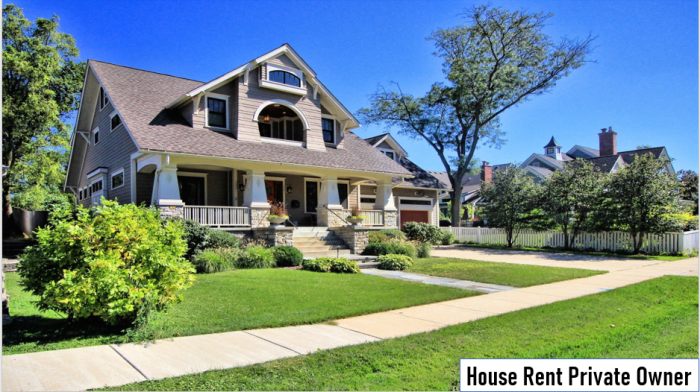House for Rent Private Owner Near Me
Understanding the Search for “House for Rent Private Owner Near Me”
The search query “house for rent private owner near me” reveals a renter’s desire for direct interaction with the property owner, avoiding the intermediary role of a rental agency. This preference often stems from a desire for greater transparency, potentially lower costs, and a more personalized rental experience.
Motivations and Renter Profiles, House for rent private owner near me
Several motivations drive this search. Renters might seek to avoid agency fees, establish a more direct communication channel with the landlord for quicker issue resolution, or negotiate more favorable lease terms. The phrase attracts a diverse range of renters, including families prioritizing space and neighborhood amenities, students seeking proximity to campuses, and individuals looking for convenient, affordable housing options. Key factors influencing their decisions include rental price, proximity to work or school, property size, available amenities (parking, pet policies, appliances), and neighborhood safety.
Analyzing Location-Based Rental Data
Rental costs and property characteristics vary significantly depending on location. Suburban areas often offer larger properties at higher prices, while urban areas provide smaller spaces at potentially lower costs but with increased convenience and access to amenities. Rural areas present a unique balance, with lower costs but potentially longer commutes and fewer amenities.
Location-Based Rental Comparison
| Location Type | Average Rent | Typical Property Size | Common Amenities |
|---|---|---|---|
| Suburban | $2,000 – $3,500 | 3-4 bedrooms, 2 bathrooms, garage | Large yards, quiet neighborhoods, good schools |
| Urban | $1,500 – $2,500 | 1-2 bedrooms, 1 bathroom, street parking | Walkability, proximity to public transport, restaurants, and shops |
| Rural | $1,000 – $2,000 | 2-3 bedrooms, 1-2 bathrooms, potentially larger lots | Privacy, peace and quiet, access to nature |
These are average figures and can fluctuate based on specific neighborhoods and market conditions. For instance, a highly desirable urban neighborhood might command significantly higher rents than a more remote suburban area.
Private Owner vs. Rental Agencies
Renting directly from a private owner or through a rental agency each presents unique advantages and disadvantages. Understanding these differences is crucial for making an informed decision.
Comparison of Rental Approaches
Renting from a private owner often means lower costs (no agency fees), more personalized communication, and potentially more flexible lease terms. However, it can also involve greater responsibility for property maintenance and a less structured application process. Rental agencies offer a more standardized process, tenant protection measures, and often handle maintenance requests, but they typically charge higher fees and may have less flexibility.
Essential Rental Information for Listings
Creating an effective rental listing requires highlighting key property features and providing comprehensive information to attract potential renters. A well-structured listing increases the chances of attracting qualified applicants and securing a tenant quickly.
Sample Listing Description and Essential Details

Source: bfmilitary.com
Here’s a sample listing description:
“Charming 3-bedroom, 2-bathroom house available for rent in a quiet suburban neighborhood. Features include a spacious living room with hardwood floors, a modern kitchen with stainless steel appliances, a fenced backyard, and a two-car garage. Close proximity to schools, parks, and shopping centers. $2,200/month. Contact [owner’s contact information] for inquiries.”
Essential details to include:
- High-quality photos and/or virtual tour
- Accurate property address and neighborhood description
- Detailed description of rooms and amenities
- Rental price and terms (lease length, security deposit)
- Pet policy and any associated fees
- Utilities included/excluded
- Parking information
- Application requirements
Visual Representation of Properties
High-quality visuals are essential for attracting potential renters. A well-presented property online significantly increases the chances of generating interest and securing viewings.
Showcasing Properties Effectively

Source: windows.net
Imagine a photograph of a living room: Sunlight streams through large windows, illuminating a spacious area with comfortable furniture arranged invitingly. The image conveys a sense of warmth, openness, and relaxation. High-quality photos and virtual tours allow potential renters to visualize themselves living in the property. In a kitchen photograph, showcase clean countertops, modern appliances, ample cabinet space, and good lighting.
These visual cues highlight functionality and appeal.
Addressing Potential Renter Concerns: House For Rent Private Owner Near Me
Transparency and proactive communication address common renter concerns when dealing with private owners. Addressing potential issues upfront builds trust and ensures a smoother rental process.
Building Trust and Transparency

Source: jiowhatsapp.com
Common concerns include lease terms, security deposit procedures, maintenance responsibilities, and the landlord’s responsiveness. Clearly outlining lease terms in a written agreement, providing a detailed breakdown of security deposit usage, specifying maintenance responsibilities, and establishing clear communication channels (e.g., email, phone) are crucial for building trust. Promptly addressing inquiries and resolving issues efficiently further demonstrates commitment to a positive rental experience.
Essential Questionnaire
What are the typical lease terms for private rentals?
Lease terms vary but commonly range from 6 months to a year, sometimes longer. Always confirm the specific terms with the owner.
How much is a typical security deposit?
Security deposits are usually one or two months’ rent, depending on the property and the owner’s policy.
Who is responsible for property maintenance?
This is usually Artikeld in the lease agreement. It often involves a shared responsibility, with the tenant responsible for minor repairs and the owner for major issues.
What if I have issues with the property after moving in?
Clearly Artikel your concerns in writing and promptly contact the owner. Refer to your lease agreement for guidance on the process for addressing maintenance and repair requests.




















